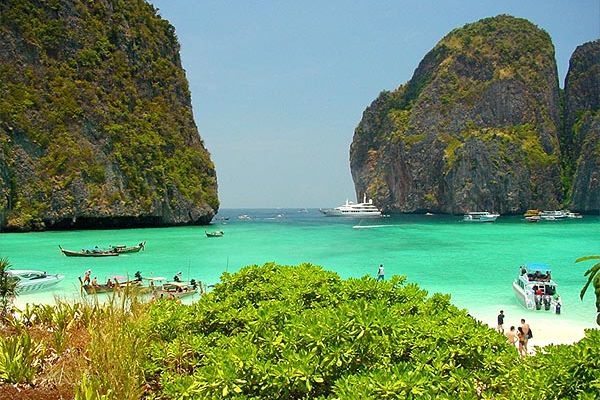
Its rich culture intermingled with breath taking highlands and terraces, pristine beaches and diverse island landscapes make it an ideal option for the next big adventure trip. Thus from north to south, here’s a ‘debriefing’ travel guide for you to conquer Vietnam’s top tourist attractions.
Infiltration and timing
There are two approaches in ‘invading’ Vietnam, landing by plane in Hanoi and going south, or through Saigon heading north. Moving in and around the country can be through buses, trains or domestic flights. The optimal season to visit northern Vietnam is from May until October during summertime as winter times are cold and gloomy. Meanwhile, December to April is the best time to drop by the southern part as this is the dry season of the year.
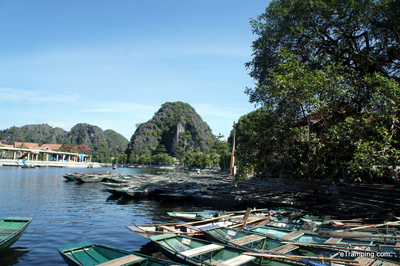
Conquering strategic sites
Starting from Hanoi which is the country’s capital, one immediate jump-off is the Hoan Kiem Lake, which means "Lake of the Restored Sword". This beautiful lake is one of the foremost scenic spots in the metropolis being embedded with a rich cultural history. Approximately 165 kilometers northeast from Hanoi is the Halong Bay. It is set in a 120 kilometer long coast line and literally means “Bay of Descending Dragons”.
Being the top tourist attraction in Vietnam tourism, Halong Bay comprises more than a thousand islands, each capped with abundant jungle vegetation, forming a fascinating seascape of limestone pillars. Some of the islands are hollow, having enormous caves within. No wonder it is among the UNESCO World Heritage Sites. Numerous travel tour companies provide packages for cruising the bay.
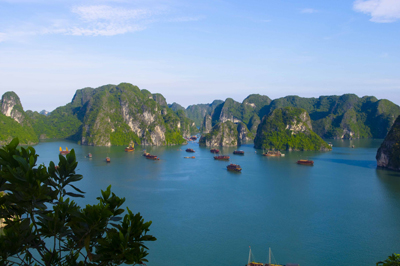
Meanwhile, located near the Chinese border northwest of Vietnam is the Fansipan Mountain, which is the highest peak in all Indochina at 3,143 metres. Also, Sa Pa rice terraces can be found situated in the Muong Hoa valley, between Sa Pa town and the Fansipan mountain. Local tour companies will arrange hikes to both the rice terraces and summit taking a few days.
Going further south
Marching downward the map, one should not miss the tallest pagoda in Vietnam, the Thien Mu Pagoda. Comprising seven stories high, it overlooks the Perfume River and is considered as the unofficial representation of the former imperial capital. Then, next stop is the fishing village of Hoi An situated on the South China Sea coast. It is commonly called the “Venice of Vietnam” because of the narrow canals that traverse part of the town.
Advancing further down, Nha Trang is Vietnam’s most popular seaside resort town positioned along the second most outstanding bays in the country. It also happens to be the country’s scuba diving capital. It features beautiful beaches with pristine sand and crystal clear water.
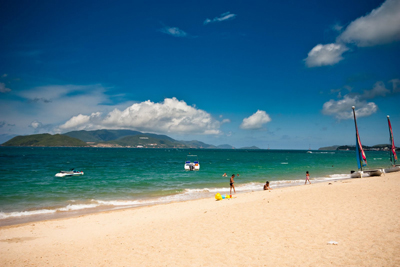
Don’t forget to pass by the Cu Chi Tunnels. They are an immense network of underground connecting tunnels located roughly 40 km northwest of Saigon. They were utilized by the Viet Cong guerrillas as hiding places during the Vietnam War. They have now become a favorite tourist attraction in Vietnam.
Take a glimpse of how life is in the Mekong Delta, a region in southern Vietnam which is a very rich and lush area that produces nearly half of Vietnam’s agricultural output. Interestingly, all the villages are often accessible by river rather than taking the road.
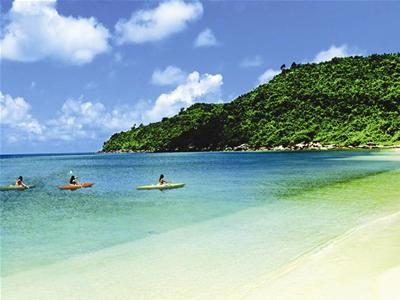
Before the battle is to be won, plant your victory flag in Phu Quoc, the largest island in Vietnam located in front of Cambodia. The island’s features and intact coral reefs will surely calm your wary soul. One of its beaches, named Bai Dai (Long Beach), was even selected by the ABC News as one of the five clean and beautiful beaches.
Phu Quoc is also known for producing the best nuoc mam or fermented fish sauce in the world. Sounds fishy? Take the Vietnam tour challenge and see for yourself.
Minmaxtravel.com
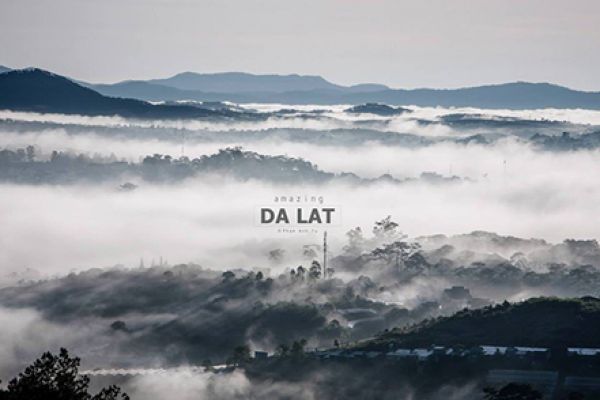
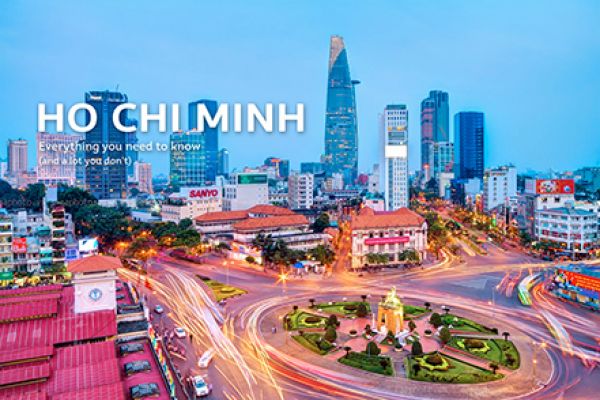

.jpg)
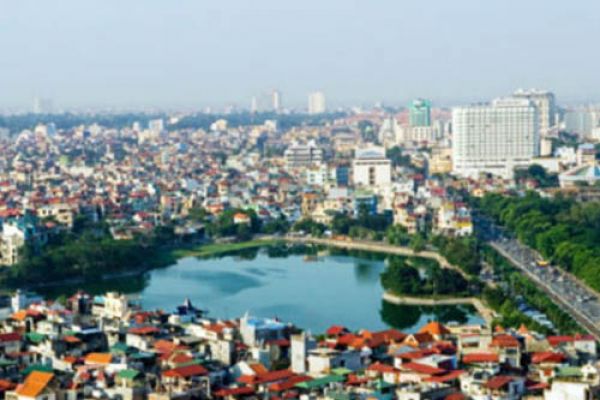
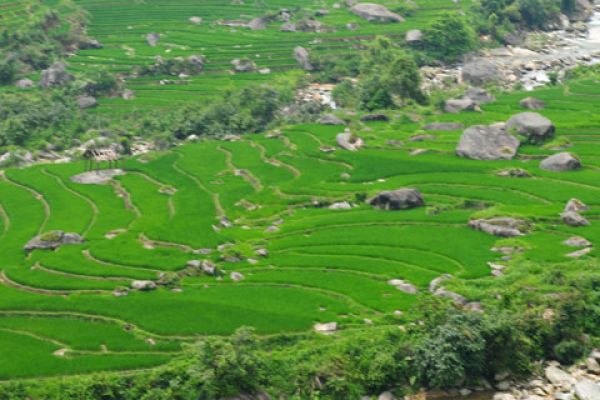
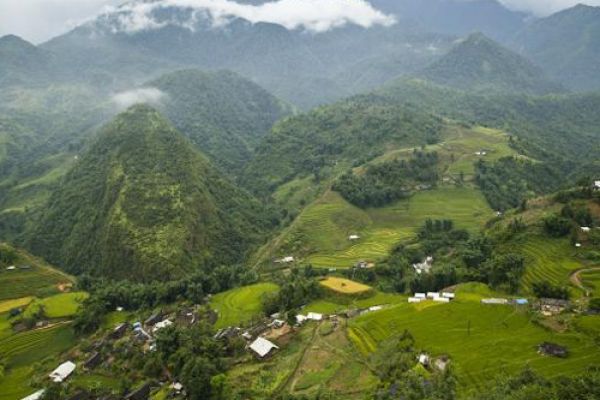
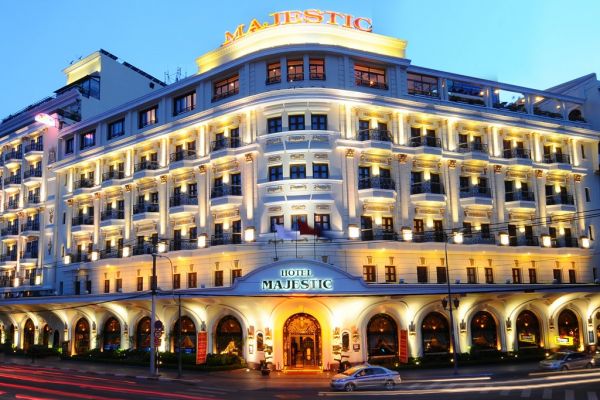
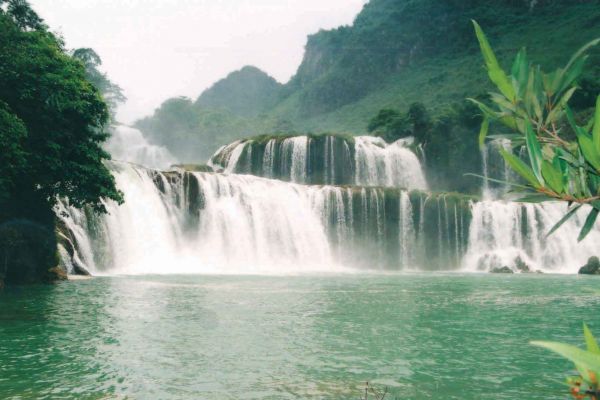
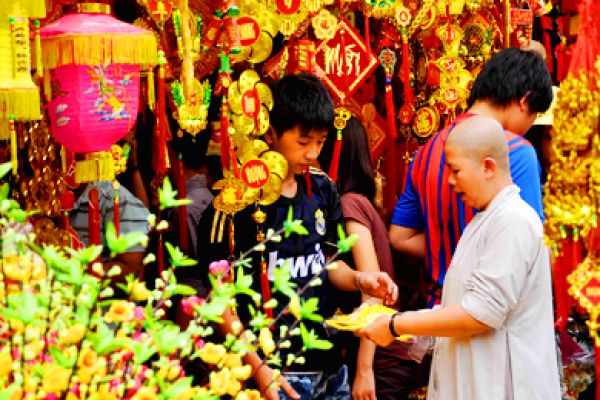
(84-63) 3 826042 – (84-63) 3 511142
No 54 Nguyen Dinh Chieu, Ham Tien Central Mui Ne Beach Binh Thuan Vietnam
523 To Hien Thanh District 10 Ho Chi Minh City Vietnam
Ha Long Halong City Quang Ninh Vietnam
A13 Hung Thong 2 Halong City Quang Ninh Vietnam




